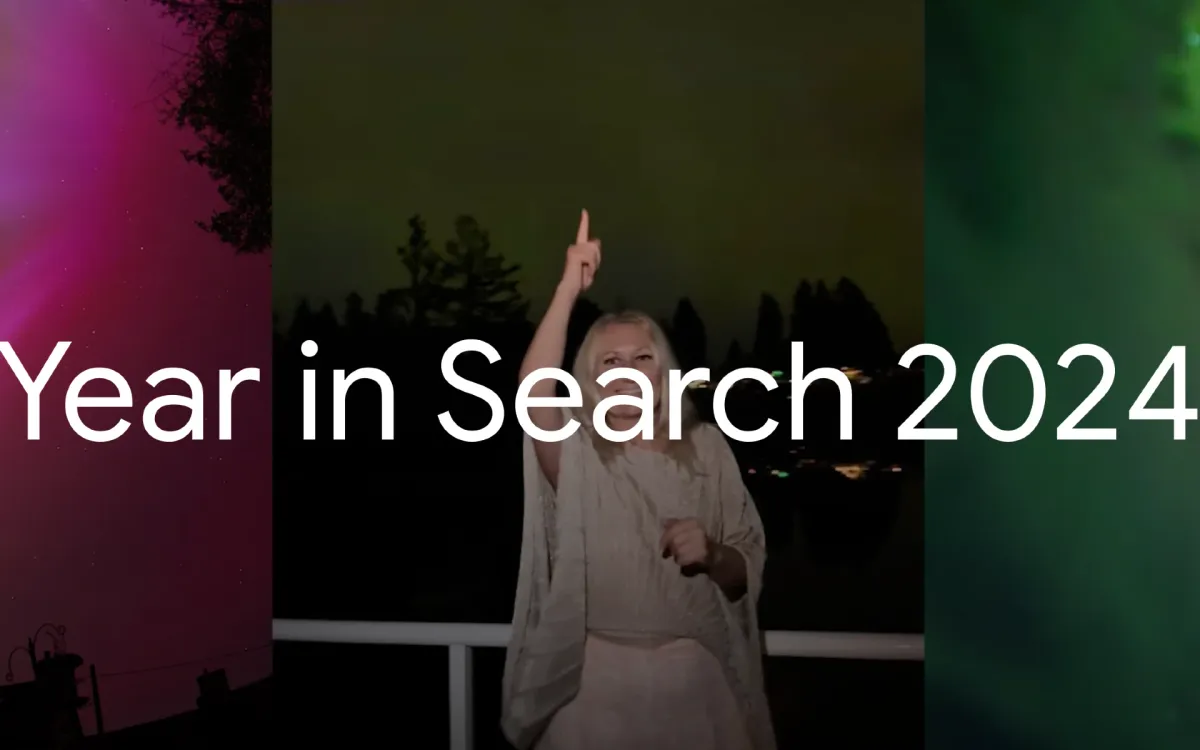
According to data released by Google Trends on December 10, 2024, global search patterns highlighted significant shifts in political engagement, sports enthusiasm, and entertainment consumption throughout the year. The findings, analyzed five days ago, demonstrate the interconnected nature of digital information seeking across borders.
Electoral interests dominated search patterns globally, with the U.S. Election emerging as the most searched news topic internationally. According to Google's Lead Trends Analyst Jenny Lee, nearly half of the world's population participated in elections during this period. The political focus extended beyond American borders, with search data indicating high engagement from multiple countries, including Germany, where "US-Wahl" (US Election) ranked as a top trending search term.
The sports sector witnessed substantial digital engagement, particularly around major international competitions. The Copa América and UEFA European Championship secured the top two positions in global sports-related searches. Olympic-related content generated significant interest, with an unexpected culinary connection emerging through "Olympics chocolate muffins" - which became the most searched recipe globally after Norwegian swimmer Henrik Christiansen's viral content about them.
Entertainment searches revealed evolving audience preferences across multiple media formats. Inside Out 2 claimed the position of most searched movie globally, while Kendrick Lamar's "Not Like Us" dominated music-related queries. In the television category, "Baby Reindeer" emerged as a leading search term, indicating strong audience interest in dramatic content.
The data also revealed notable shifts in how people interact with search technology. Users increasingly utilized visual search capabilities for practical purposes, with translation and shopping queries dominating Circle to Search and Lens usage. According to the trends data, many users combined traditional text searches with image-based queries, indicating an evolution in search behavior.
Cultural venues and landmarks generated significant search activity. The Arena di Verona in Italy emerged as the most searched stadium globally, while in the United States, Las Vegas's Sphere topped the list of visitor attractions. This data suggests a strong public interest in both historical and contemporary entertainment venues.
Regarding celebrity-related searches, the data showed varied interests across different regions. In the United States, Kat Williams led actor-related searches, while globally, interest spread across multiple entertainment figures. The passing of several notable personalities also influenced search patterns, with significant search volume recorded for figures like Toby Keith and O.J. Simpson.
Gaming trends indicated a strong preference for interactive and social experiences. The word game "Connections" topped gaming-related searches in multiple regions, followed by newer entries like "Palworld" and "Infinite Craft," suggesting an ongoing evolution in gaming preferences.
The data revealed interesting regional variations in search patterns. For instance, in Germany, "Fußball-EM" (European Football Championship) and "Handball-EM" dominated sports-related searches, while different regions showed distinct preferences in entertainment and cultural content.
Looking at technological trends, the data indicated increased adoption of new search methodologies. Visual search technologies saw particular growth in practical applications, with users frequently combining traditional text searches with image-based queries for enhanced results.
This comprehensive dataset spans more than 200 U.S. metropolitan areas and multiple countries, providing detailed insights into regional and global search patterns. The findings suggest that while political and sporting events dominated global attention, entertainment and technological innovation continued to shape how people interact with digital information.
These trends highlight the dynamic nature of global information seeking, reflecting both universal interests and distinct regional preferences in an increasingly connected digital landscape. The data demonstrates how major events, technological advancements, and cultural phenomena influence and shape worldwide search patterns.

